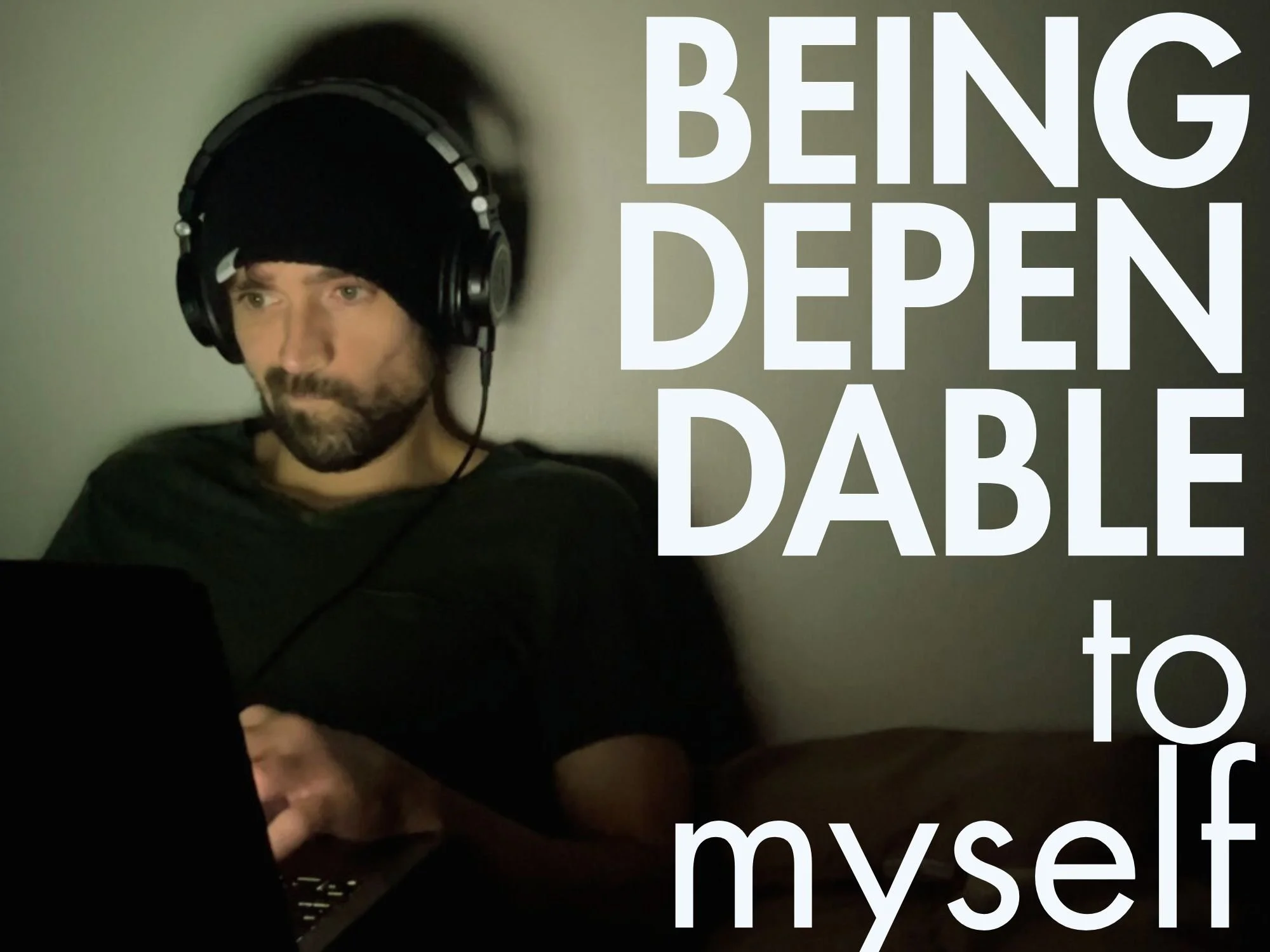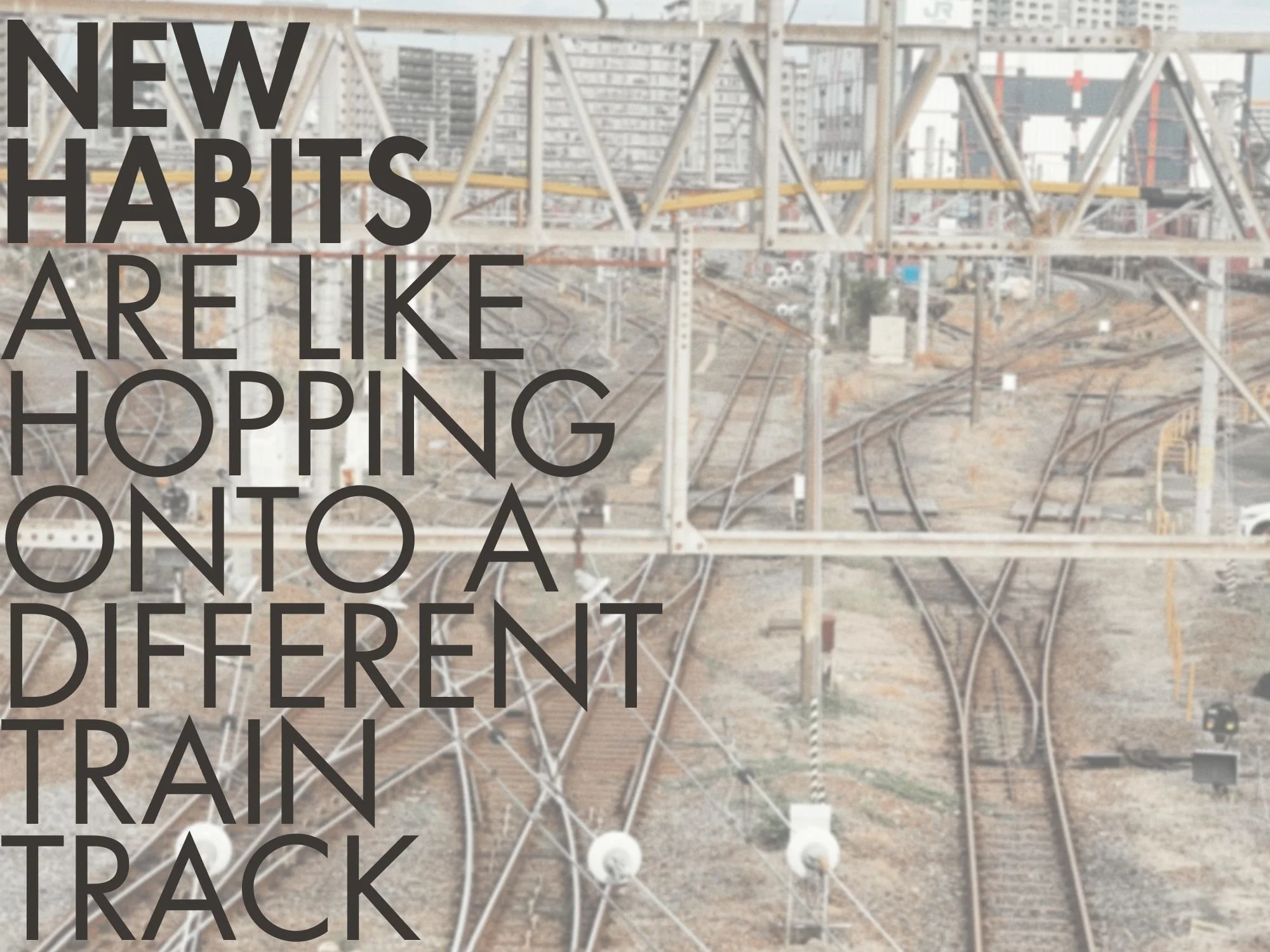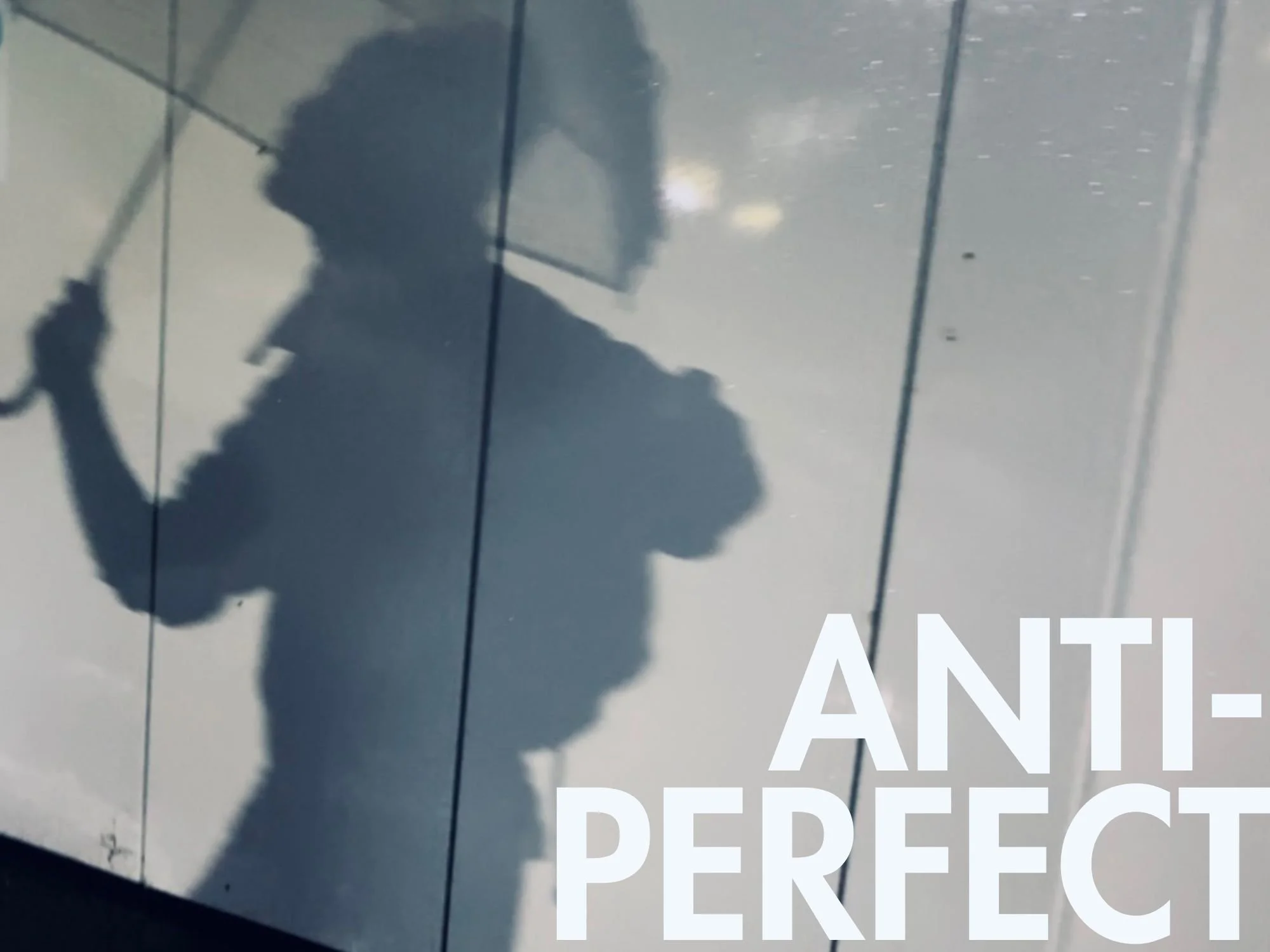I Suck At Discipline and Consistency (but these things help)
I prefer balance. Besides, I don’t think perfect productivity is even a good idea. Or realistic.
The luxury of wasting time is the new wealth flex. Exploring, dilly-dallying and playing with intuition is good for serendipity and creativity. It’s human (let the robots be robots).
Plus, there’s toxic productivity…best to avoid that. Put another way, there are benefits to procrastination.
Still, discipline and consistency are the core ingredients to getting things done. It’s the biggest differentiator with people who actually “make it”—they simply don’t quit.
I’m not pretending that I have all the answers or that these ideas have solved all my problems. But they have helped the most so far.
So let’s get to it.
Table of Contents
Hey there, just a heads up some links in this post may be affiliate links, which earn me a small commission. This is at no extra cost to you, but helps me keep the lights on. Thanks for your support!
Discipline vs. Consistency
“Doing ordinary things for an unordinary amount of time creates extraordinary results.”
Discipline is the ability to take action when there’s no motivation or proof (i.e., no results).
Consistency is the ability to do those things for an extended amount of time.
At least, that’s my take on things.
How I Have More Discipline and Consistency (even though I sorta suck at it)
1. Fall In Love With Yourself
“Anger and depression and sorrow are beautiful things in a story, but they are like poison to the artist. You must have clarity to create.”
This is most impactful thing I’ve done for discipline, motivation, happiness…all that. I started not just liking myself, but loving myself.
Not in a narcissistic way.
I haven’t shared this with that many people (definitely not publicly), but I never fully loved me. Lots of negative self talk, unhealthy comparisons…etcetera.
And when you’re down or you don’t like yourself, the last thing you care about is discipline or consistency. When you’re in a mood, it’s just…annoying lol.
Self confidence and self love are the (not so) secret ingredient to discipline and consistency. It makes achieving anything easier.
When you feel good about yourself, you’re motivated. No hacks or pills needed.
Explore more:
➤ Self Care for Creatives
2. Have A Burning Vision
I’m still 50/50 on how important a mission or vision is, especially early on. Because creating for the sake of creating is fine enough. And sometimes all the motivation you need for consistency.
Still, if you’re ambitious but struggling with consistency, then a mission can help.
It helps clarify things too—especially helpful if you’re scattered or multi-passionate.
3. Don’t Have Goals, Have Projects
Doing things without a plan or a point is cathartic. Not everything needs to be turned into content or a brand asset.
But if you’re struggling to start or finish stuff, attaching your work to a specific project helps.
I have this personal motto: have projects, not goals.
Goals feel too wishy-washy, like something you hope for one day. Projects on the other hand are more present and tangible—something you’re actively working on right now.
Projects boost motivation, creativity and consistency.
Double points if you make it a public project.
For example, in 2023, I did a song-a-day challenge for one year. And believe you me, there were plenty of days I didn’t feel like doing aaaaaanything.
But I still showed up. Because I had a specific (public) project.
But even after that whole thing ended, my goals and passions are attached to series or mini projects. This keeps me motivated and consistent. Not always, but it’s another trick in the bag.
4. Find A ‘Keystone Habit’
A keystone habit is a habit that ends up influencing other parts of your life, creating a sort of snowball effect of new habits.
Charles Duhigg discusses the concept in his book ‘The Power of Habit’. A common example is exercise, which often leads to better habits in other parts of your life. Perhaps it’s the boost in energy or the newfound confidence. Whatever the case, it’s a keystone habit.
So the trick here is to identify what your keystone habit is. While exercise is common, there are more examples, like:
Meditation
Journaling
Eating healthier
Socializing (with the right people)
Financial management
Healthy sleeping habits
So, what are the biggest obstacles or bottlenecks in your life? Sometimes, these are hints about potential keystone areas.
5. Try Timers
This one is pretty good if I have a deadline. It’s a recent hack I got from Regan Hillyer.
Everyday, after waking up, set a timer to go off every hour (or whatever). This alarms repeats all day.
It’s a gentle reminder to stay on track or refocus.
This gives me an opportunity every hour to reflect on what I’m doing and how I’m thinking. If something is off, I course-correct.
It’s like a friend or slightly annoying mentor gently checking in.
6. Do It for Future/Past You
When I’m feeling lazy, thinking about future me (or past me) lights a small fire.
When it’s past me, I want to make him proud. I always believed that I’d have it figured out, after all.
And when it’s future me, I really want to come through for that guy.
This perspective creates some motivation and helps me with discipline.
7. Stack the Deck
The environment and the people or things we spend time around totally influence our habits and lifestyle.
So lets stack the deck in our favor.
Here are three key areas I try to optimize:
My inner circle
The people I spend time with
My outer circle
The content I consume
My environment
The spaces I spend time in
For disincline and consistency, this means surround myself with more motivating people, consuming more motivating content and creating an environment that’s more inspiring.
I am as good as the people in my life and the environment I live in.
Anyways, that’s all I got.
Later ✌️
Want More? Nice. Here’s More.





